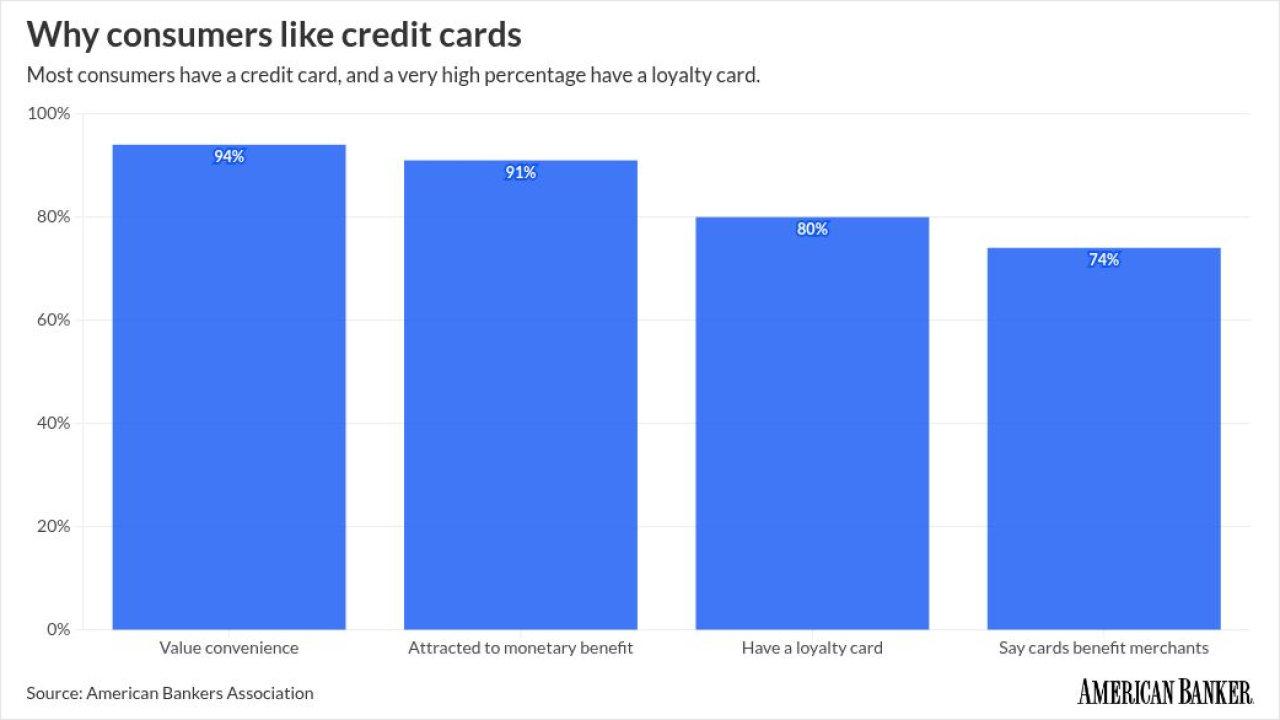Want unlimited access to top ideas and insights?
The next year may be a particularly challenging time for the industry. Merchant and customer needs are evolving at lightning speed, and payment companies must be able to provide swift and effective response.
But many payment providers still rely on outdated systems that have limited capabilities and are incapable of integrating with cutting-edge technologies.
With the huge expansion of e-commerce, the reality is that many payment companies are simply unequipped to face changing global realities. When choosing cross-border markets, merchants must possess the ability to scale flexibly and quickly. In order to reduce processing costs and increase acceptances, they need to connect with local acquirers, payment methods and risk assessors. In practical terms this means that they must have cutting-edge technology to integrate with a large range of third-party providers in various geographies.

Merchants now understand that a payment ecosystem that worked well on the domestic front is far too costly in other regions. If they fail to optimize their payment processes with local services they stand to lose more than they have gained. One must also keep in mind that expansion brings increased transaction volumes which will only increase with time. But can the merchant’s existing system sustain this kind of growth?
Other major hurdles that I foresee are the issues of data security and privacy. Online security is a huge concern no matter where a merchant does business. Some of the older payment systems fail to provide level 1 PCI compliant tokenization technology, which enables secure storage of sensitive customer data.
Data protection laws such as the directives that exist in the EU, Russia and Turkey prohibit the export of sensitive data to other countries. But the majority of payment companies fail to restrict the transfer of data, rendering them noncompliant with these regulations.
Big data is a term that is bandied about incessantly, but the possession of data in itself is not enough. The ability to provide actionable data analysis is a crucial component of a modern-day payment solution. While many systems claim to provide information about transactions and customers, the majority of them do not supply total data transparency or a clear view of every segment of the payment flow.
I believe that in the coming year we will witness the emergence of advanced technologies that provide merchants with the tools to drill down and analyze each component of their payment system, thus enabling them to correct inefficiencies and streamline processes.
The payment sector is in for considerable change and innovation, and no one can afford to be complacent. So fasten your seatbelts, because it promises to be an exciting and possibly bumpy ride.





